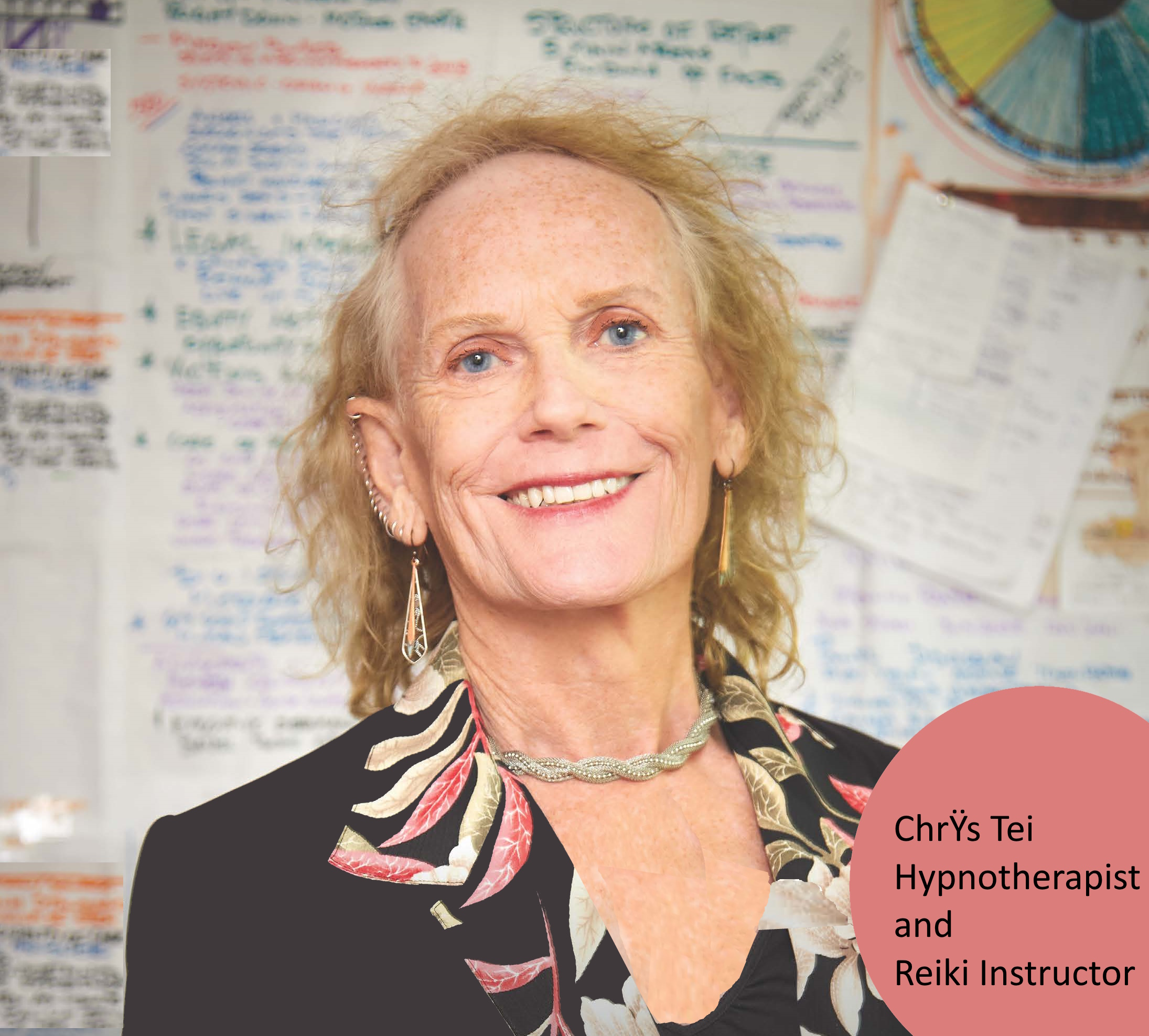

Instructor: ChrŸs Tei

Duration: 5 Months

Lessons: Five
Topics: 20

Level: Third Term
Price: $450
Rapport in Reiki
Course Overview
Developing Rapport in Reiki Treatment is a specialized course designed to enhance practitioners’ ability to build strong, trusting client relationships by incorporating NLP (Neuro-Linguistic Programming) concepts. The course covers essential communication skills, active listening, and the importance of empathy and compassion. Students will learn NLP techniques such as mirroring, matching, and pacing to create a safe, supportive environment, fostering deeper connections and more effective Reiki sessions.
Interactive lectures, role-playing, and practical applications will help participants master these skills, ensuring they can establish and maintain rapport effectively. Ethical considerations and cultural sensitivity are also emphasized to support a holistic approach to client care. By integrating NLP strategies, practitioners will be better equipped to understand and respond to their clients’ needs, enhancing the overall healing experience.
What you’ll get from this course:
Mirroring and Matching:
Mirroring and matching involve subtly mimicking the client’s body language, tone of voice, and speech patterns. This technique helps build rapport and makes the client feel understood and comfortable. By reflecting the client’s behavior, practitioners can create a sense of connection and trust, which is crucial for effective communication and therapeutic outcomes.
Pacing and Leading:
Pacing and leading is a technique where the practitioner first matches the client’s current state (pacing) and then gradually guides them to a more relaxed or positive state (leading). This approach helps in aligning with the client’s experience and then gently steering them towards desired emotional or mental states, facilitating smoother transitions and deeper therapeutic engagement.
Anchoring:
Anchoring involves associating a specific touch, word, or gesture with a positive emotional state. This technique can be used to help clients access these positive feelings during sessions. By creating and reinforcing these anchors, practitioners can help clients quickly shift to a more resourceful state, enhancing the effectiveness of the therapeutic process.
Reframing:
Reframing is the process of helping clients see their issues from a different perspective. This technique can lead to new insights and solutions by altering the way clients perceive their problems. By changing the context or meaning of a situation, practitioners can help clients develop more empowering and constructive viewpoints, which can significantly impact their emotional and mental well-being.
Sensory Acuity:
Sensory acuity involves enhancing the practitioner’s ability to notice subtle changes in the client’s physiology and behavior. This heightened awareness provides valuable feedback during sessions, allowing practitioners to adjust their approach in real-time. By being attuned to these subtle cues, practitioners can respond more effectively to the client’s needs and facilitate deeper therapeutic progress.
Meta-Model Questions:
Meta-model questions are specific questioning techniques used to clarify and explore the client’s language and thought patterns. These questions help uncover underlying issues and beliefs that may be influencing the client’s behavior and emotions. By challenging vague or limiting statements, practitioners can help clients gain greater clarity and insight, leading to more effective problem-solving and personal growth.
Course Content
- Mirroring and Matching
- Definition and Importance
- Techniques for Effective Mirroring
- Building Rapport through Matching
- Practical Exercises
- Pacing and Leading
- Understanding Pacing
- Techniques for Leading
- Transitioning from Pacing to Leading
- Case Studies and Examples
- Anchoring
- Concept of Anchoring
- Types of Anchors
- Creating Effective Anchors
- Using Anchors in Practice
- Reframing
- What is Reframing?
- Techniques for Reframing
- Benefits of Reframing
- Practical Applications
- Sensory Acuity
- Enhancing Sensory Awareness
- Observing Physiological Changes
- Interpreting Behavioral Cues
- Feedback and Adjustment Techniques
Course Instructor


ChrŸs Tei
ChrŸs Tei is a passionate educator who provides comprehensive training for people who have an interest in growing wellness in their families, communities, and themselves. She was a co-founder of the Tau Wellness Co-op in 2014 and has brought together into one integrated approach the skills of therapeutic touch, therapeutic arts, and therapeutic trance. ChrŸs is a steadfast advocate for the gender/neuro diverse community and the grateful guest of the T’sou-ke First Nation for over 40 years.
As Tau we are guests everywhere forever and thank our many hosts.
We are one people amongst many nations
Our commonality is our diversity
And the ancestors WE share
May their voices lead us in our work
And our touch always heal



